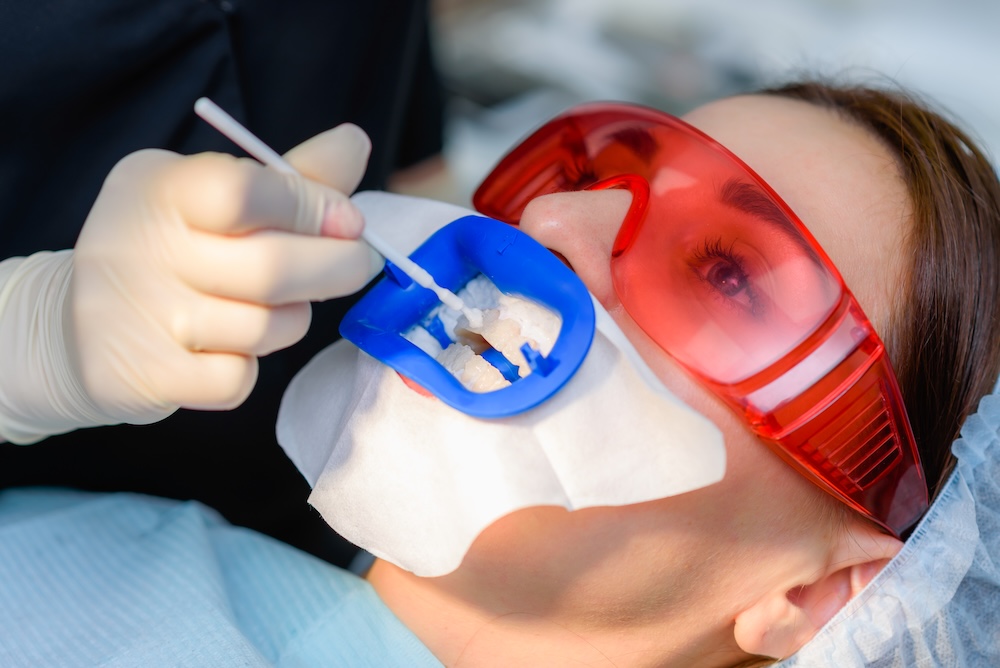
Fluoride: What It Is and why it matters for your teeth
1. What is Fluoride?
Fluoride is a natural mineral found in many places—like water, soil, plants, and even the foods we eat. Scientists discovered that people who had natural fluoride in their drinking water had fewer cavities. Since then, dentists have used fluoride to help keep teeth healthy and strong. Fluoride in recommended amounts and used properly is not harmful.
Think of fluoride as a shield for your teeth: it protects them from the acids and bacteria that cause tooth decay and acid erosion.
2. Why is Fluoride Good for Teeth?
Fluoride has several important benefits:
- Fights Cavities: Cavities start when bacteria in your mouth make acid that eats away at tooth enamel. Fluoride helps stop this process and can even repair tiny weak spots before they turn into full cavities.
- Strengthens Enamel: Enamel is the hard outer shell of your teeth. Fluoride makes it harder and stronger, so teeth can better resist everyday wear and tear.
- Helps Kids and Adults: For children, fluoride helps growing teeth develop stronger. For adults, it continues to protect and repair teeth throughout life.
- Proven and Affordable: Adding fluoride to community water supplies is one of the most effective and inexpensive ways to reduce cavities for everyone.

3. How Do We Use Fluoride in Dentistry?
- In Drinking Water: Many communities adjust the level of fluoride in tap water to the right amount for protecting teeth. This is called water fluoridation. Benefits of this are reduced if the water supply is not fluoride or the water is filtered before consumption.
- In Toothpaste and Mouthwash: Most toothpastes contain fluoride—check the label! Using fluoride toothpaste twice a day is one of the simplest ways to prevent cavities. Some mouth rinses also have fluoride for extra protection. The higher the fluoride level in your toothpastes and rinses is, the higher the benefit. These methods of fluoride use are direct application and do not require it to be consumed.
- At the Dentist’s Office: Dentists can give professional fluoride treatments, such as gels, foams, or varnishes, which have a stronger dose than everyday products. These are recommended once a year for all patients, and more often for patients at higher risk of cavities or acidic erosion. These are also direct application and does not require it to be consumed.
- As Supplements: In places where water doesn’t have fluoride, dentists or doctors may recommend tablets, drops, or lozenges for children.
4. The Bottom Line
Fluoride is a safe, natural, and powerful tool for protecting your smile. By strengthening enamel and preventing decay, it helps keep teeth healthy for life.
Brushing with fluoride toothpaste, drinking fluoridated water, and visiting your dentist regularly are the easiest ways to make sure you’re getting enough fluoride to keep your teeth strong.











